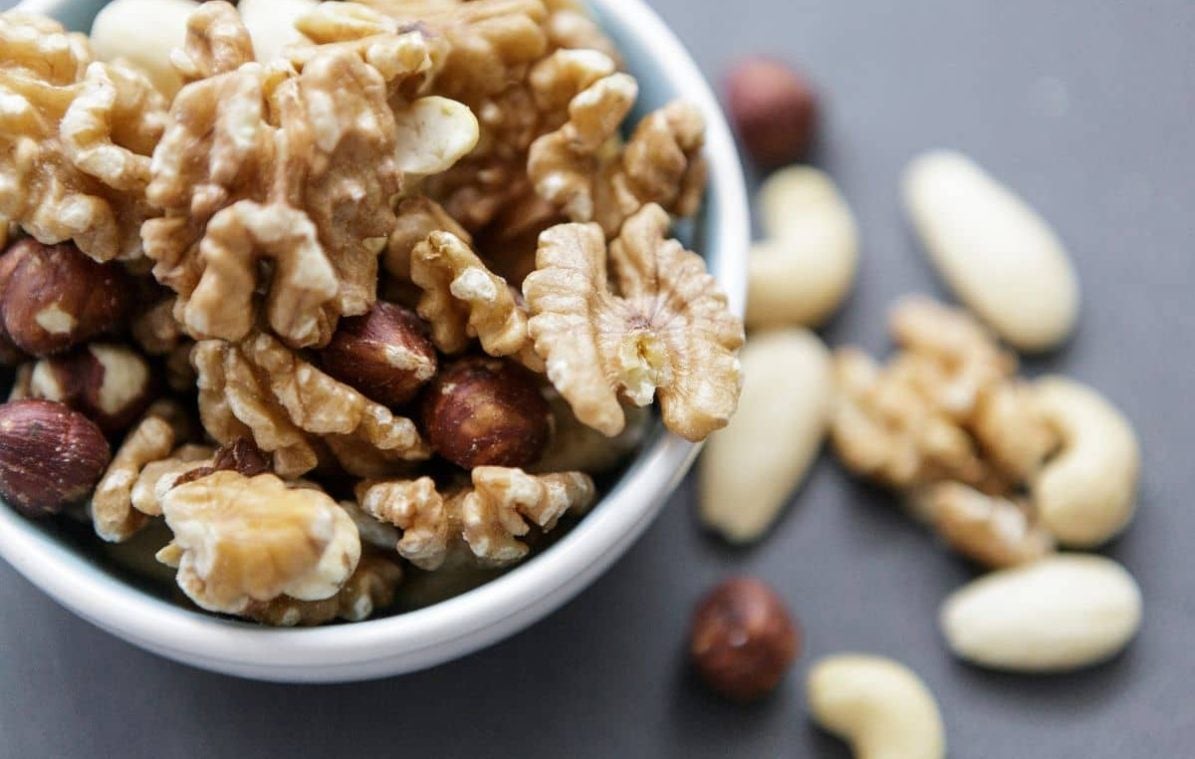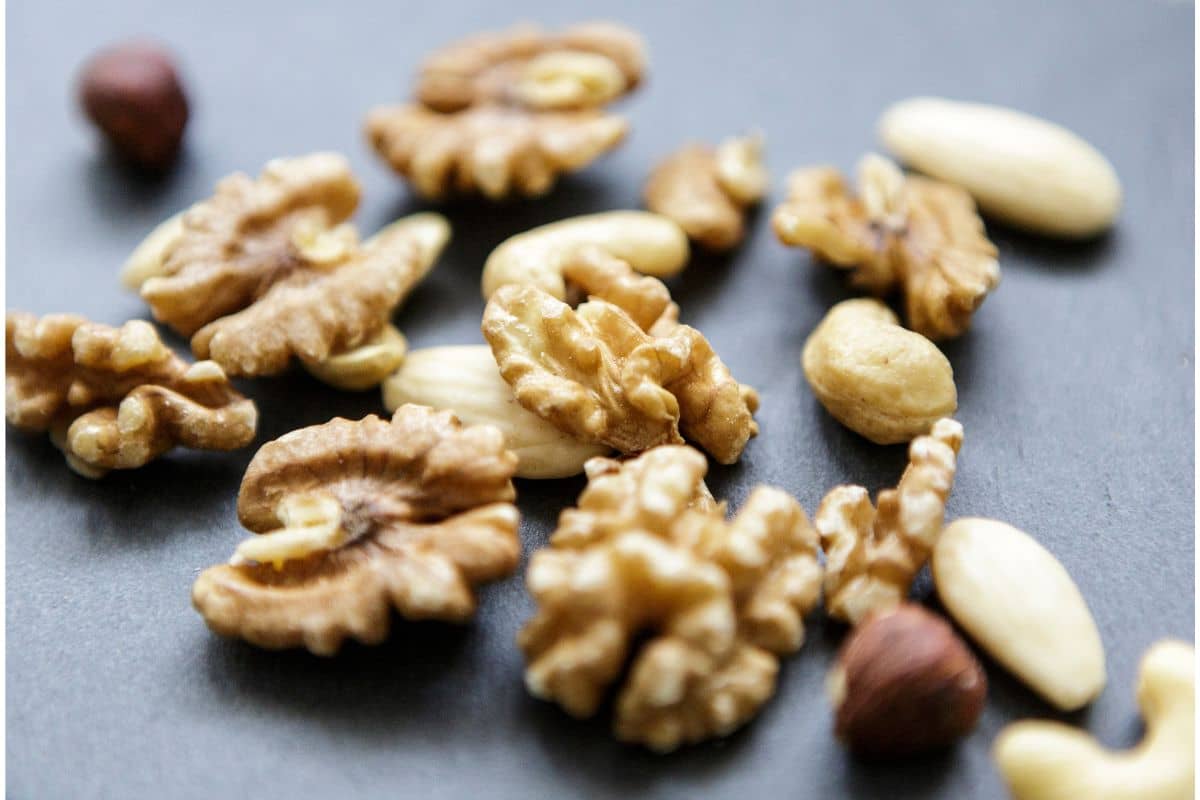7 Good Reasons to Eat Nuts Every Day
 ©La Bicicleta Vermella
©La Bicicleta Vermella
We love nuts. They’re tasty, cheap, easy to store and you can always have them on hand. Besides, you have a huge variety to choose from: peanuts, almonds, pistachios, hazelnuts, walnuts… the list of options is as long as its benefits.
Plus, eating nuts is essential for anyone who wants to eat a balanced and nutritious diet. Yes, there’ll always be that smart guy who tells you that they’re high in fat and that it’s not such a good idea to eat them. Nothing could be further from the truth. Science has proven time and time again that moderate consumption can help you reach your ideal weight and reduce your body fat percentage.
A study published in The American Journal of Clinical Nutrition states that “nut-enriched diets do not increase body weight, body mass index, or waist circumference.” Another 2017 study highlights that “eating nuts can prevent risk factors related to chronic diseases, such as changes in glycemic and lipid metabolism, oxidative stress, and inflammation.” This same study analyzes the properties of nuts, highlighting their content in protein, fiber, vitamins, minerals and compounds with antioxidant potential. Bottom line: Nuts are nutritious little pocket bombs packed with benefits.
The 7 benefits of eating nuts
#1 They improve bone health: Nuts are a source of calcium. Almonds, for example, have 259mg per 100gr (one third of the recommended daily amounts). This makes them a perfect option to supplement or increase the levels of this mineral and prevent diseases such as osteoporosis.
#2 They help prevent cardiovascular diseases:There are dozens of scientific studies that confirm the benefit that the consumption of nuts has for our hearts. In one of these studies, the diets of several people were studied for 6 weeks. This clearly showed that those who ate nuts regularly were less likely to have a heart attack or cardiovascular disease, according to the analyses.
#3 They can improve intestinal function: Due to their high fiber content, they prevent constipation and prevent the appearance of intestinal diseases. Pistachios, for example, have up to 10.6% fiber. Walnuts, 6.5%.
#4 Blood sugar control: Some nuts can help control lipid and glucose levels in the blood. They are also rich in trace elements such as magnesium and potassium. All of these can help prevent the onset of diabetes and are perfect for those who already have it.
#5 They can help prevent some types of cancer: The presence of vitamins E and B, phosphorus, potassium, copper, iron and selenium can help prevent diseases such as cancer. This meta-analysis, published in the American Association for Cancer Research, analyzed and compared up to 33 different studies to conclude that there is an “inverse association between dietary walnut consumption and cancer risk, especially for cancers of the digestive system”.
#6 Nutrients for skin and hair: Eating nuts can make your hair look brighter, silkier and healthier. This is due to collagen and elastin, which gradually decline in our bodies over the years and which can be restored by eating certain nuts such as almonds, which have a high protein and vitamin E content.
#7 Source of protein: Many nuts are a huge source of protein. Peanuts, for example, have more than 25 grams of protein per 100 grams and almonds have between 18 and 20 grams of protein per 100 grams.

How many nuts can I eat per day?
The amounts of protein in nuts that we have given are in relation to 100g, but eating such a high amount of any type of nut is not a good idea. Although they are healthy, they are still very high in calories and if you eat too many they can make you feel sick! The Heart Foundation recommends eating three to seven servings a week, taking into account that one serving would be between 20 and 30 grams of nuts. Which is about a handful.
Find out more about this topic at foodspring:
- Should I exercise when I have a hangover?
- Quality over Quantity – New study reveals what really matters when it comes to sleep
Sources for this article
We at foodspring use only high-quality sources, including peer-reviewed studies, to support the facts within our articles. Read our editorial policy to learn more about how we fact-check and keep our content accurate, reliable, and trustworthy.

































